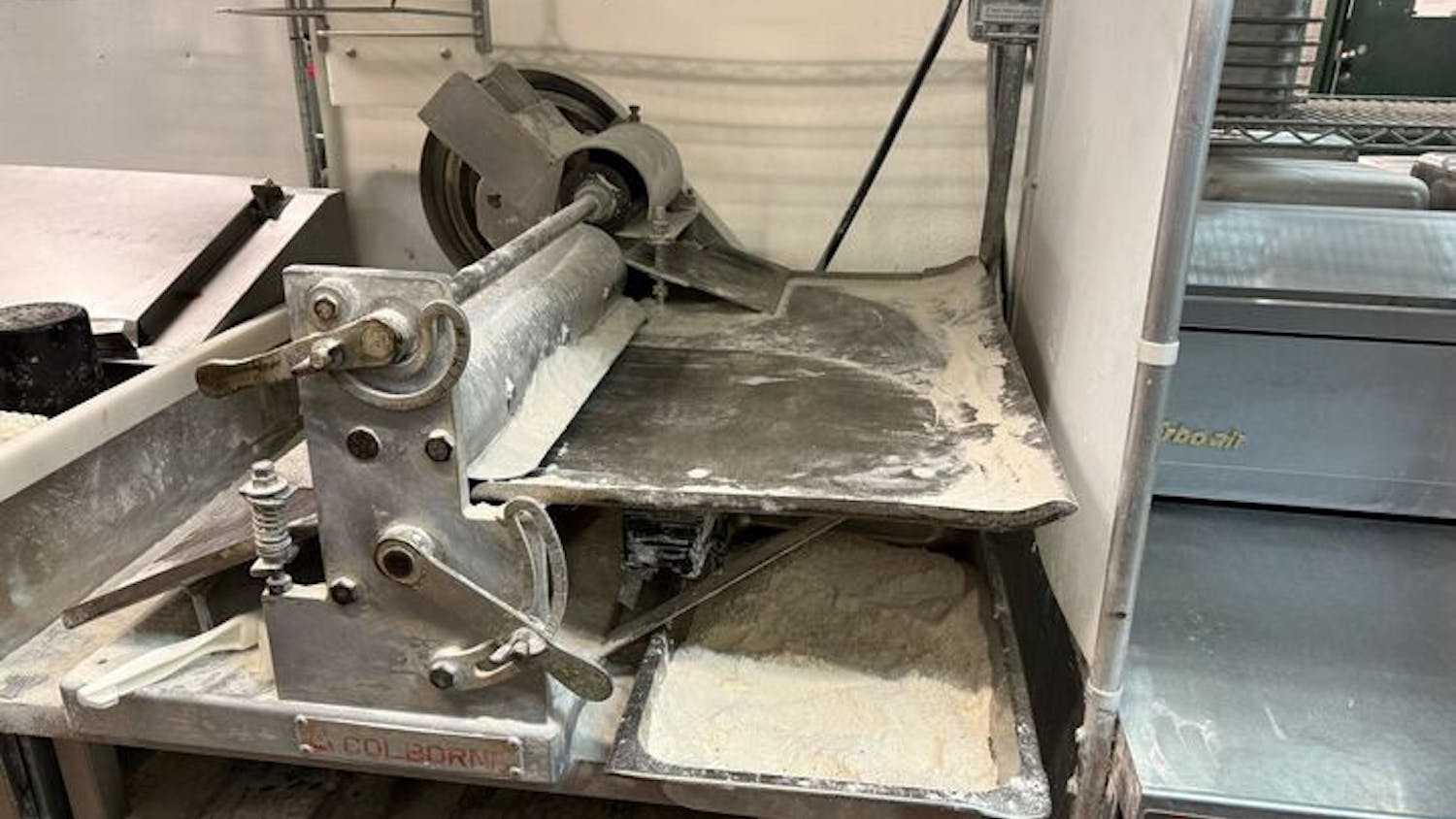Two days before the Badgers battled the Gophers for Paul Bunyan's axe in the annual rivalry game, Minnesotans and Wisconsinites collided in a different kind of confrontation. A Madison-area man, 31-year-old Bradley Erickson allegedly hit a car full of Minnesota college students on the shoulder of Interstate 39/90. Erickson, with a blood-alcohol content more than twice the legal limit, killed 19-year-old Marcus Johnson, 23-year-old Wilfredo Ugarte, and 20-year-old Elysia Rapp. I offer my heartfelt sympathies to the families and friends of the three young and promising adults as they face this tragedy. Unfortunately, I have heard heartrending stories like this all too often in Wisconsin, and it is far past time to attack this problem with legitimate legislation and successful preventative measures.
According to Fox9.com, Erickson is being charged with three accounts of homicide from ""intoxicated use of a vehicle,"" yet his bail is only posted as $30,000. In a discussion between Fox9 reporters and Jon Cummings of Minnesotans for Safe Driving, Cummings agreed with many that this price was far too low to pay for the crime that Erickson was accused of. Indeed, drunkenly taking the lives of three college students is not just an accident. It is a crime, and it should be treated as such.
But even with Wisconsin's recent drinking and driving reform, our lenient laws still don't go far enough to combat drunk driving. For example, a person only gets four, instead of the previous five, drunken driving offenses within a five-year time period before it is considered a felony. Repeat offenders technically get a clean slate every five years, which can amass to twenty drunken driving offenses in 25 years without one counting as a felony. For the most part, being drunk behind the wheel in Wisconsin still results in a weak slap on the wrist.
In a state like Wisconsin, it is no surprise that we tend to get drunk. Alcohol is part of our heritage, inherent in our celebrations and it offers us a warm alcohol blanket during Wisconsin winters. Yet, drinking becomes a public danger when combined with driving. Wisconsin's loose laws, and their lenient enforcement, do not do an adequate job deterring people from driving under the influence.
Beginning in 2008, The Milwaukee Sentinel Journal studied and reported on the drinking culture in Wisconsin in a series called ""Wasted in Wisconsin."" One study compared the number of U.S. military deaths in Iraq and the number of Wisconsin fatalities related to drunken driving. The number of deaths resulting from drunk driving was about half of the total U.S. soldiers killed in the Iraq War. Here in Wisconsin, it seems that we are engaged in war against being wasted behind the wheel, and we need to start fighting for our lives.
What can we do? Change our whole culture? Increase alcohol taxes? I don't think so. With the sole exception of drunk driving as a byproduct, I love Wisconsin's way of life and am proud to be from the state that out-drinks other states since 1848. I've been wanting that shirt. But regardless of my desires, cultural shifts take a long time to happen, but we need to address drunk driving immediately. Increasing alcohol taxes has been a debate for years, but using Alaska's failed attempt to curb alcohol intake by increasing alcohol taxes as a real-life example, it will not work.
What I propose is increasing consequences of first offenses, instituting sobriety checkpoints, and local bars adopting the potentially lucrative Alco-buddy. If convivted, this would be Erickson's second offense. As Cummings discovered when visiting drunk driving offenders, many would not have committed a second offense had their first offense procured a harsher punishment. WSJ interviewed UW psychology professor John Curtin, and he maintained that Wisconsin has to not only increase punishment, but also increase the fear of actually getting caught. Sobriety checkpoints would eliminate that false feeling of security that drunk drivers feel getting behind the wheel. Plus, in most cases of drunk driving, the driver fails to realize how drunk he or she actually is. Alco-buddy is like a vending machine Breathalyzer that individual businesses can purchase to fight this problem. Taking a Breathalyzer before getting into a car to check sobriety isn't only beneficial to risky drivers, but also potentially profitable to businesses, says Dane Carlson of Business Exchange.
It will be a challenge to instate these kinds of reform, but I believe these measures are what it takes to fight this ""wasted behind the wheel war.""
Melissa Grau is a sophomore majoring in journalism. We welcome all feedback. Please send all responses to opinion@dailycardinal.com.






